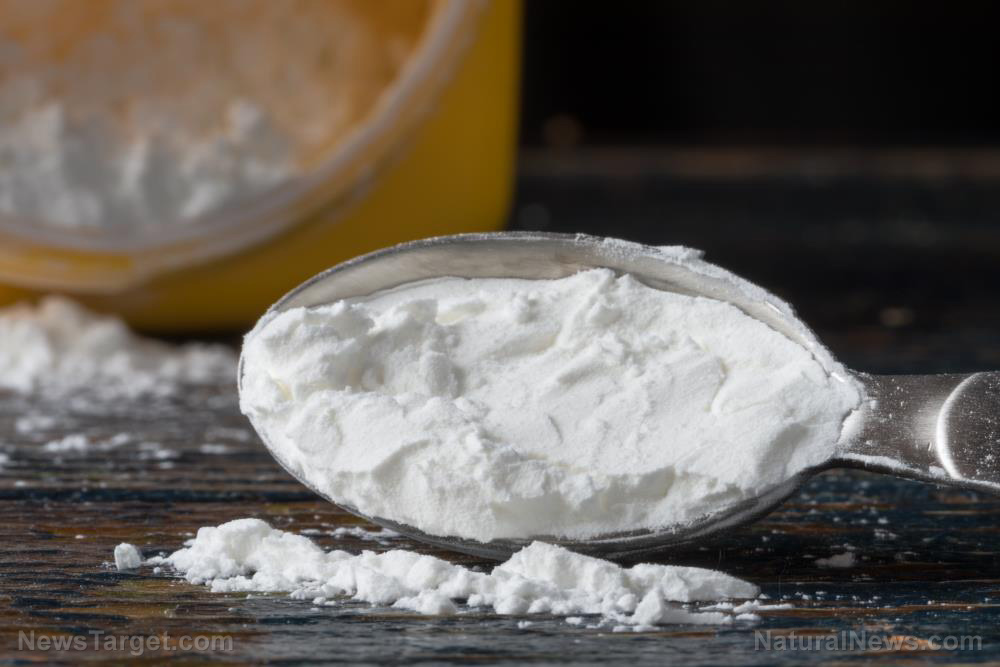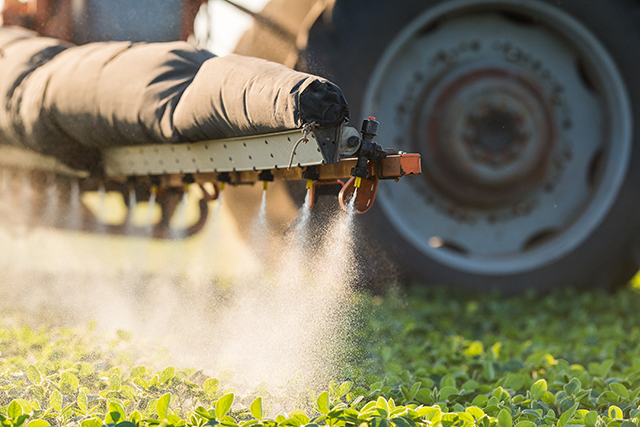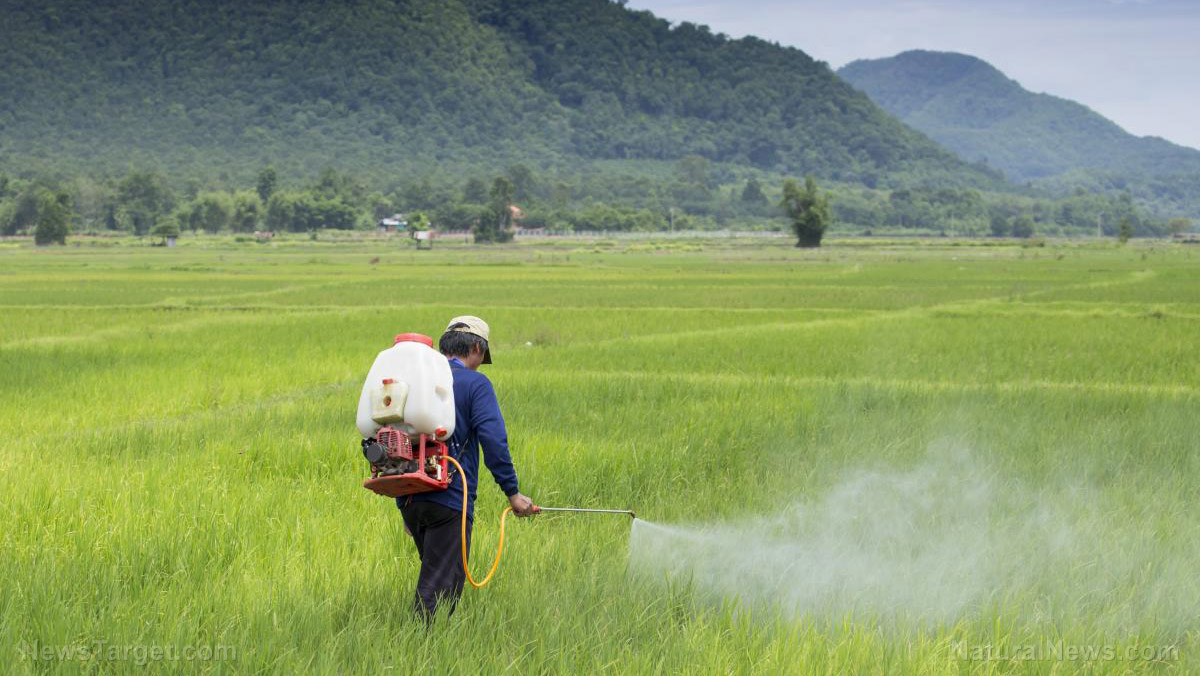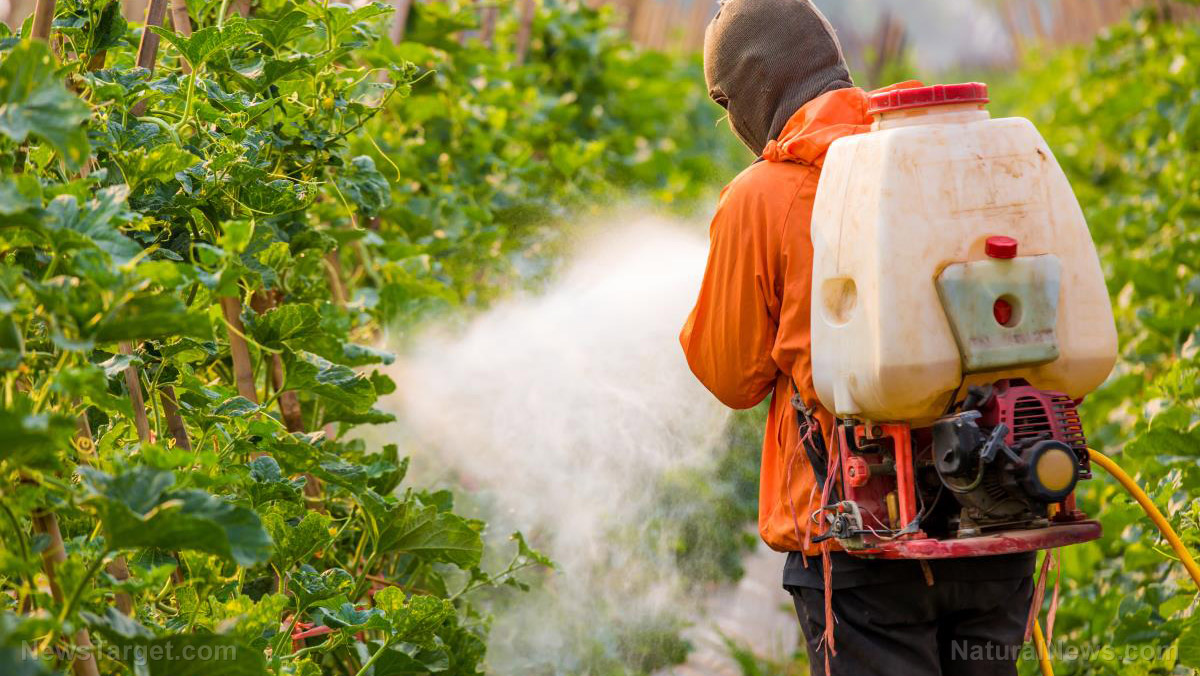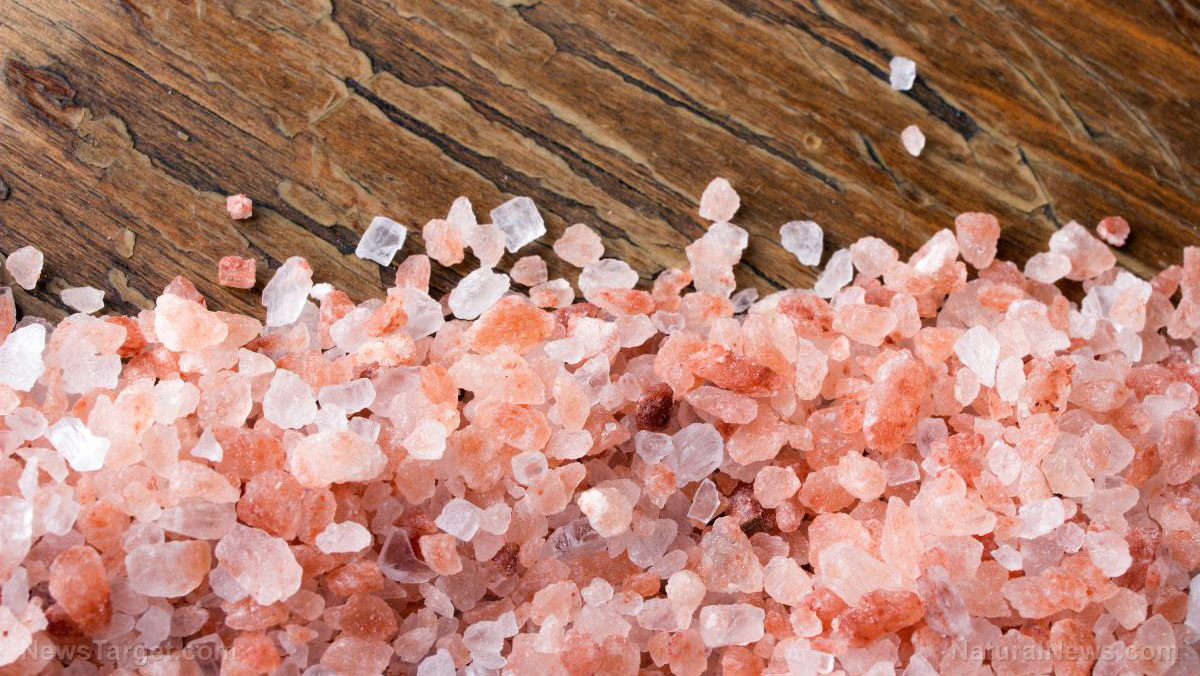Prepper must-haves: 9 Reasons to stock up on salt before SHTF
07/08/2022 / By Zoey Sky
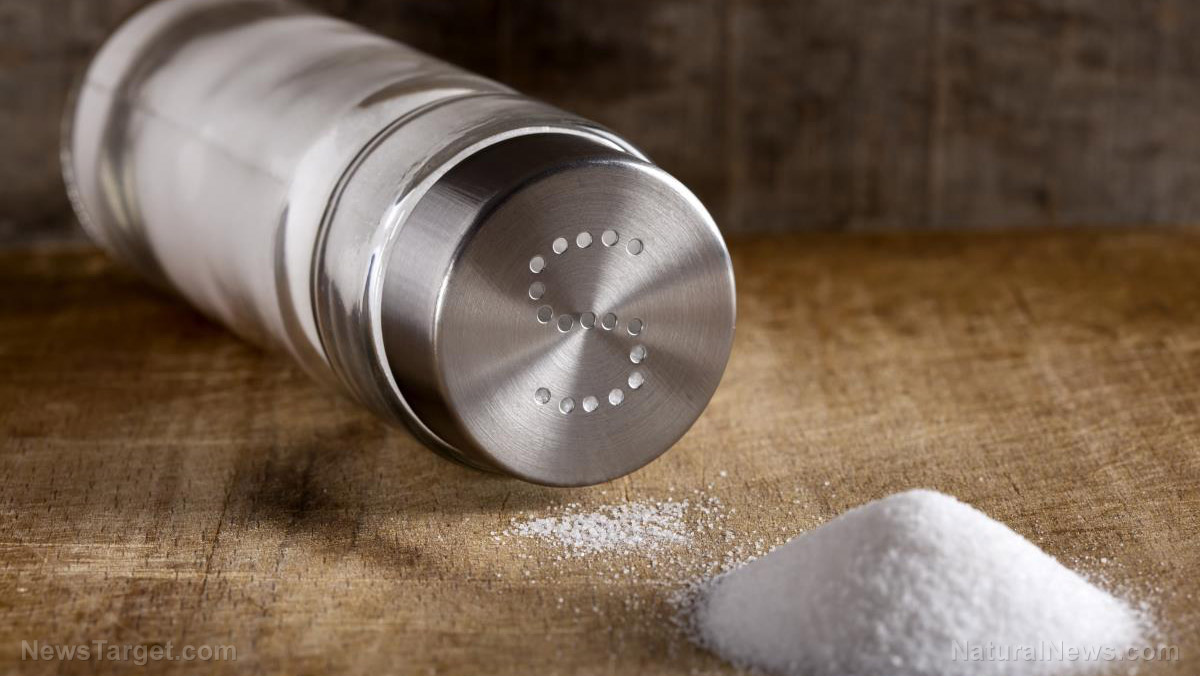
Salt is a staple in many prepper stockpiles. This versatile item can be used for cooking, cleaning and even first aid.
Below are nine reasons to stock up on salt before SHTF. (h/t to FoodStorageMoms.com)
Salt is an essential survival item
During a long-term power outage or other survival scenarios, you can use salt to purify water. Salt can also be used to preserve food.
Salt has many health benefits
Salt has many health benefits when consumed in moderation:
- It can help relieve congestion.
- It can help regulate blood pressure.
- It can improve circulation.
- It can help prevent muscle cramps.
- It can be used as a natural laxative.
Salt is used for food preservation
Salt can be used to preserve food. Adding the right amount of salt to meat can prevent spoilage and keep it fresh for a longer period.
Additionally, salt can be used to pickle vegetables. This method of preservation is effective and also adds a delicious flavor to the vegetables. (Related: Salt: How and why to store this survival essential.)
Salt can be used for cooking and seasoning
Salt is an important cooking ingredient because it’s often used for flavor enhancement. Adding a bit of salt can help bring out the flavor of various dishes.
Salt can be used for first aid
When SHTF and you get a cut or burn, applying a little salt to the area can help clean the wound and speed up healing. Note that this may hurt so don’t use too much salt.
Salt can be used for cleaning
Salt is great for cleaning your homestead. Sprinkle salt on a damp sponge to help remove stubborn stains from countertops and sinks.
Salt can also be used to clean delicate items like china and crystal. Rinse well afterward.
Salt can be used to deter pests
Sprinkle salt around doorways and windowsills to keep ants and other insects out of your home.
If you have a flea infestation, kill fleas and flea eggs by sprinkling finely ground salt on your carpet. Let the salt sit for 24 hours, then vacuum it up. The salt dehydrates the fleas and eventually kills them.
Salt is essential for soft water systems
If you prefer soft water or need it as part of sensitive skin treatment, you need coarse or pelletized salt for your tank.
Salt can be used to clear ice
Use salt to clear some ice buildup on your sidewalk or driveway. Note that salt used to clear ice is more coarse and that using it often and in large amounts can negatively affect the cement so clear it off as needed and try not to get too much on your lawn.
Tips for long-term salt storage
Follow the tips below to ensure that the salt in your stockpile lasts for a long time:
Store salt in a cool, dry place
Always store salt in a cool, dry place.
This is important because salt can absorb moisture from the air, which can make it clump and hard to use. Use an airtight container to store salt.
Use the right container
Glass or plastic containers with tight-fitting lids are best for long-term salt storage. Store salt in five-gallon buckets with gamma lids to keep salt dry.
Replace salt as needed
Like other items in your stockpile, salt will eventually go bad. If your salt starts to clump or looks discolored, replace it.
Tips for storing salt in bulk
Keep these things in mind if you want to store salt long-term in bulk:
- Store salt in an airtight, food-grade container.
- Properly label your container with the date so you know when the salt was packaged. Salt can last for several years when stored properly, but it’s best to use it within a year or two.
- Store salt in a cool, dry place like a cool basement or root cellar.
How much salt do you need?
Salt storage amounts vary depending on who you ask, but most experts recommend having at least three pounds of salt per person per year for most household uses, like cooking. If you have the space, you can increase this to 10 pounds per person per year.
Here are some things to consider when it comes to salt consumption:
- The American Heart Association recommends the consumption of no more than 2,300 mg of sodium per day or one teaspoon of salt. However, the average American consumes at least 3,400 mg of sodium per day or one and a half teaspoons of salt.
- According to Brigham Young University studies, you need at least eight pounds of salt per person per year for long-term storage.
- The Nutrition Facts on containers of household salt list the recommended serving size as 1/4 teaspoon and the sodium content as 590 mg per serving. This means each teaspoon of salt contains 2,360 mg of sodium. If you have a family of four, you’ll need 40 pounds of salt for long-term storage.
How long will salt last in long-term storage?
Pure salt without any additives will last indefinitely. However, sodium chloride is a stable compound and it will lose potency or flavor benefits over time.
Pure salts like canning salt, pink Himalayan salt and sea salt can last for a very long time if stored correctly. Meanwhile, salts like iodized salt have a shorter shelf life due to additives.
Salts you need in your stockpile
There are many types of salt, but not all of them are ideal for long-term storage.
Here are some of the best salts to stockpile before SHTF:
- Canning salt – Canning salt is pure sodium chloride with no additives. It is used for pickling and canning because it doesn’t contain any impurities that can affect the taste or color of food. You can store canning salt indefinitely.
- Iodized salt –Iodized salt is a type of table salt that has iodine added to it. Iodized table salt has a five-year shelf life because it contains potassium iodide.
- Kosher salt – Kosher salt is pure sodium chloride with no additives. It’s used in koshering meat because it also doesn’t contain any impurities that can affect the taste or color of food. You can store kosher salt indefinitely.
- Pink Himalayan salt – Pink Himalayan salt is unrefined and has high mineral content. It’s also less likely to clump than other types of salt and can be stored indefinitely.
- Sea salt – Sea salt is unrefined and has high mineral content. It’s also less likely to clump than other types of salt. Sea salt can be stored indefinitely.
Before SHTF, stock up on salt if you plan on preserving food. Store salt properly, especially if you plan to stockpile it in bulk, to make it last indefinitely.
Visit Preparedness.news to learn more about salt and other items that you will need in your survival stockpile.
Watch this video that talks about the four reasons you should stock up on Himalayan salt.
This video is from the Health Ranger Store channel on Brighteon.com.
More related stories:
Storing salt: 3 Good reasons to stock up on salt.
A guide to repackaging salt for long-term storage.
Not all salts are equal: 20 Ways to use Himalayan salt – the purest salt on Earth.
Sources include:
Submit a correction >>
Tagged Under:
This article may contain statements that reflect the opinion of the author
RECENT NEWS & ARTICLES
COPYRIGHT © 2017 PESTICIDES NEWS


